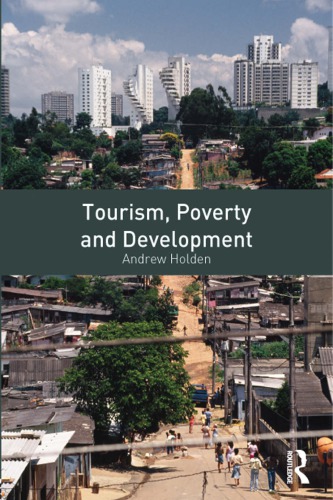

Most ebook files are in PDF format, so you can easily read them using various software such as Foxit Reader or directly on the Google Chrome browser.
Some ebook files are released by publishers in other formats such as .awz, .mobi, .epub, .fb2, etc. You may need to install specific software to read these formats on mobile/PC, such as Calibre.
Please read the tutorial at this link: https://ebookbell.com/faq
We offer FREE conversion to the popular formats you request; however, this may take some time. Therefore, right after payment, please email us, and we will try to provide the service as quickly as possible.
For some exceptional file formats or broken links (if any), please refrain from opening any disputes. Instead, email us first, and we will try to assist within a maximum of 6 hours.
EbookBell Team

4.4
42 reviewsPoverty alleviation is high on the global policy agenda, its importance being emphasised by its place as the first of the United Nation’s Millennium Development Goals. As a potentially significant source of economic growth in developing countries, tourism may also play a major role in poverty reduction and alleviation under the right circumstances. The incorporation of tourism into development policy and Poverty Reduction Strategies has special poignancy for those Least Developed Countries where natural resources exist to support a tourism industry and there are limited development alternatives.
This book offers a holistic, explicit and detailed introduction to the relationship of poverty and tourism within the context of developing countries. The book is divided into distinct sections, progressing from an evaluation of the key concepts of poverty, tourism and development; to the causal factors of poverty; to the mechanisms of how tourism is being implemented in policy and practice to reduce poverty and finally to an analysis of the relationship between tourism to poverty alleviation in the future. The adopted analytical approach of the key themes is multi-disciplinary, incorporating tourism studies, human geography, political economy, economics, development and environmental studies. It integrates examples and original case studies from varying geographical developing regions including Africa, South Asian and East Asia and the Pacific, to lend practical insights into tourism’s role in poverty alleviation.
The text will be of particular interest to higher education students from tourism studies, geography, political economy, environmental and development studies, and sociology backgrounds. It will also be of relevance to government and policy makers, alongside those who have a more general interest in poverty alleviation.